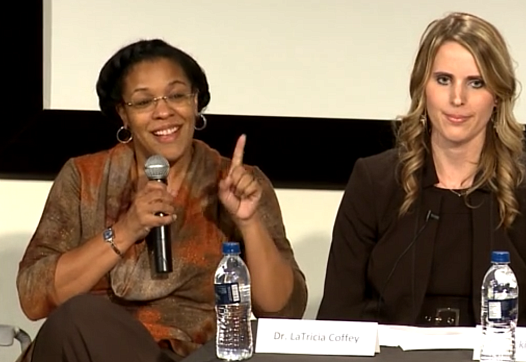
Before Jackie Valley tackled her series on the unmet mental health needs of Nevada's children, “community engagement” had not been something she regularly practiced. She shares how she took the plunge.

Before Jackie Valley tackled her series on the unmet mental health needs of Nevada's children, “community engagement” had not been something she regularly practiced. She shares how she took the plunge.
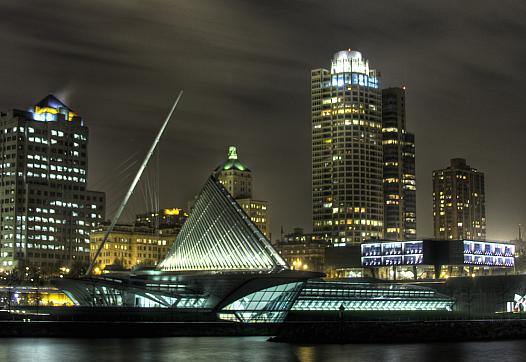
Toxic stress is becoming a hot topic in science and brain development. It’s also an emerging public health concern. Experts say the way to avoid toxic stress is through strong relationships that support children and their families.
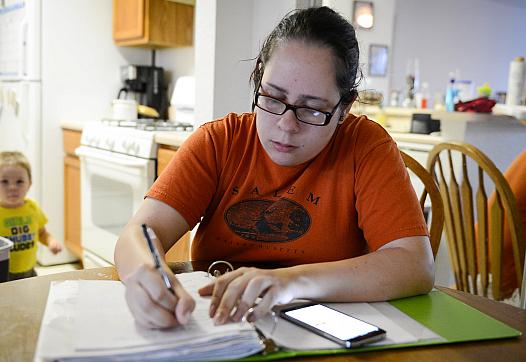
Jennifer’s experience in Florida’s Medicaid system isn't unique: She waited three months for her son’s appointment and drove 50 miles, only to have the doctor spend five minutes with him, ignore her concerns and tell her to go someplace else.
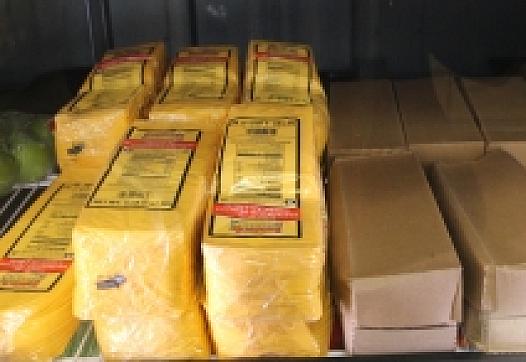
“If you’re not able to provide food, it makes it difficult to feel like you’re living a dignified life,” researcher Darcy Freedman said. “It’s a basic need and the mental health implications are very real. ‘If I can’t provide food for my kids or partner, who am I?’”
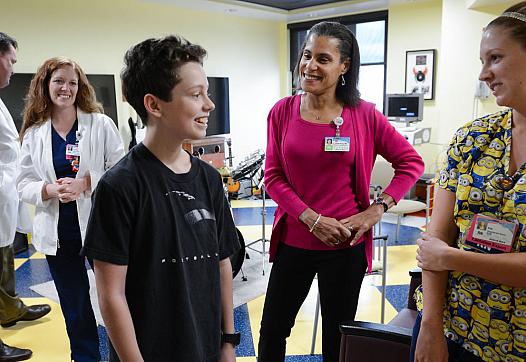
Malik Stanton is among 2 million children in Florida — about half the state’s under-20 population — who depend on the state’s $24 billion Medicaid program for health care. That same health care system very nearly let him die.
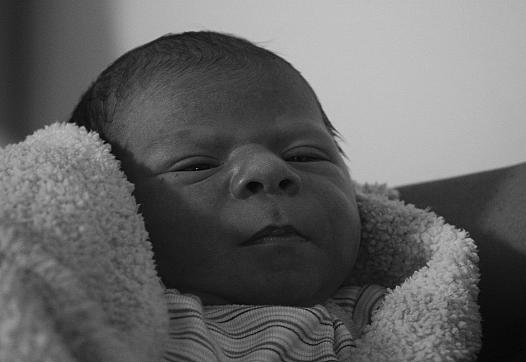
There has been growing recognition in recent years that "toxic stress" can disfigure young lives in lasting ways. But how do health systems begin to address the problem? Daisy Rosario looks at how the Montefiore health system in the Bronx is tackling the issue through pediatric care.

In reporting her series on mental illness in Shasta County, Alayna Shulman didn't find the data she was hoping for. Instead, she highlighted that lack of data in her story. It was one of several lessons she took away from working on the project.
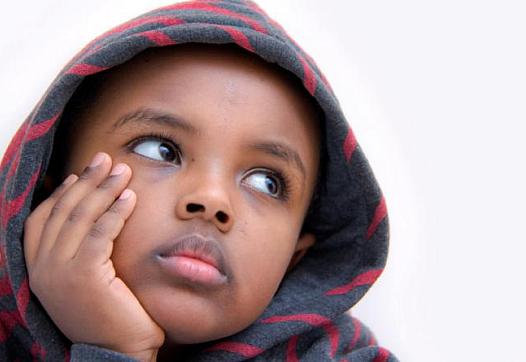
Research by Princeton University sociology professor Sara McLanahan notes that a father’s absence increases anti-social behavior such as drug use and reduces a child’s chances of employment.
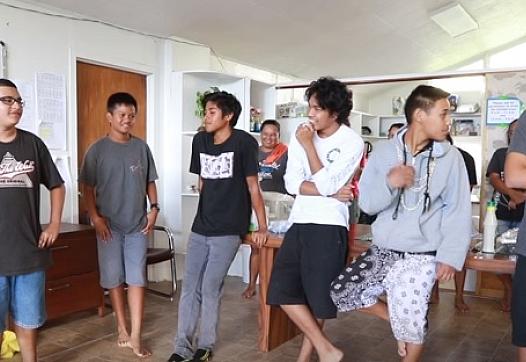
At program for troubled youths in Hawaii revolves around a cultural practice called "hooponopono," a self-reflective process that stresses healing and strengthening relationships to restore balance in one’s life. “This is a very unorthodox program, but it’s not new,” the director says.
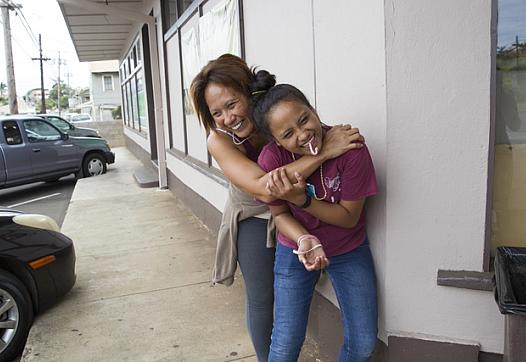
For years, the percentage of Native Hawaiians in the state’s foster care system has significantly exceeded their share of the overall population of the state’s children. The Honolulu Star-Advertiser delves into the underlying causes and potential solutions to the problem.